County scrutinizes Weems’ drug stabilization plans
A newly introduced drug and alcohol treatment program for inpatients at Weems Memorial Hospital drew heightened scrutiny from county commissioners last week.
Introduced on the county commission agenda days prior to the March 7 meeting, the item brought before commissioners the top leadership of Weems, including hospital CEO David Walker and Director of Nursing Courtney Alford; Michael Kozar, regional CEO, and Tom Ramsey, regional CFO, from Alliant Management Services, which is under contract with the county to help run Weems; Weems Board Chairman Duffie Harrison and several other members of the board; and William Wainscott, CEO at the Birmingham, Alabama-based Kolbe Clinic.
The clinic is named for Maximilian Kolbe, a Polish Catholic priest murdered at Auschwitz and later canonized by Pope John Paul II, regarded as the patron saint for those addicted to drugs.
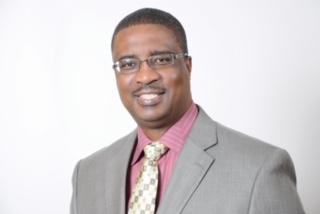
Kolbe, which operates a residential drug treatment center in Navarre, had recently struck a deal with Weems to operate a medical stabilization program for patients in need of detoxification from drug and alcohol problems.
Chairman Ricky Jones had asked for the facility’s leadership to appear before the county commission, and it soon became clear that his colleagues had a doctor’s black bag full of questions.
In his remarks, Wainscott stressed the program was 100 percent voluntary and would be addressing the needs of a patient population Weems is familiar with. “These are patients the hospital is dealing with already,” Wainscott said. “They are not a more difficult subset of patients.”
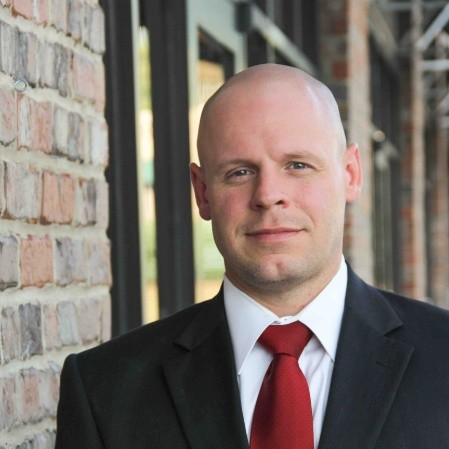
He said Kolbe offers the hospital a formalized set of protocols and procedures to standardize treatment, a masters-level therapist or social worker to help with discharge planning, and activity techs seven days a week, to ensure patients do not remain idle in their rooms during their stays, which typically last anywhere from three to seven days. Wainscott said nurses at the hospital have so far received one hour of one-on-one instruction as part of the staff training Kolbe provides. “This is normal nursing stuff every nurse has dealt with,” he said.
Wainscott said the Kolbe program is overseen by a board-certified addiction specialist who wrote all the policies and procedures and is available for training and consults with patients.
“Patients are screened by a nurse prior to entering the hospital, and cleared in the emergency room before hitting the floor, to make sure they don’t have acuity,” he said. “This is a hospital service, and they have the ability to walk out of the hospital any time they want to. The referral sources are patients who reached out to another facility for admission to their program, and maybe they need hospitalization for a few days before going into another program.
“It ensures safety for the patient to make sure they’re through withdrawal symptoms before entering a residential program,” Wainscott said.
Commissioner Jessica Ward, a respiratory technician, led off the questioning. “I’m worried about this,” she said, citing seizures or combative behavior as being problematic among patients with substance abuse problems.
“My concern is you have an 80-year-old patient with a urinary tract infection, and you have a patient hallucinating who attacks her or attacks a nurse. My concern is the safety of patients and staff. I’ve had patients come off a substance be combative with me. It’s all about safety to me,” she said.
“They’re not more dangerous than other patients. We don’t treat overdoses,” Wainscott said, describing the population as primarily patients withdrawing from alcohol or benzodiazepines, commonly known as Valium, Xanax and Klonopin.
“We’re stabilizing that patient clinically to make sure withdrawal symptoms don’t cause complications,” he said. “Safety should be the first priority for staff. We have multiple units across a large area and never once had a patient intubated.
“They are there by choice, not brought in by police,” Wainscott said. “No misbehavior is tolerated, and they will be asked to leave. It’s not common for them to be any more of a problem than the average patient.”
Alford said the hospital plans to hire CNAs (certified nursing assistants) as needed, and that all Kolbe admissions will come in between the hours of 8 a.m. and 8 p.m. through the emergency room.
“They have basic orders to be screened, and at that point they may or may not be admitted,” she said. “I am comfortable with this, and we’ll take patients one at a time until the staff is more comfortable with this. I’ll be there for the first several admissions.
“It will be a learning experience for us,” Alford said.
She said that if and when patient numbers increase, Weems could designate a whole hall for Kolbe patients. “We’d like to be able to put those in a different area,” she said.
Asked about revenue, Kozar, Ramsey and Wainscott all said the program would be a financial boon for Weems.
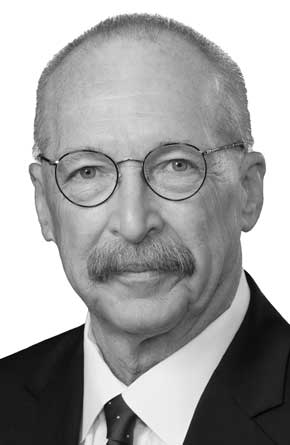
“It will much more than pay for itself. It’s a valuable program that will help Weems be more successful financially, and become profitable in its first month of operation,” said Ramsey.
“The revenue will far outpace the cost of this program,” said Wainscott. “All of those costs have been taken into account and will generate revenues that will far exceed the cost of the program.”
Walker said Weems is “not locked into” the Kolbe program, as there is a 90-day out clause. “We’re trying to think of things to diversify revenue (as) small hospitals around the country are closing,” he said. “This is something Alliant brought us.”
He also addressed the issue of beefing up security. “The security issue is everywhere for hospitals,” he said. “We want to increase security even without the Kolbe program. This particular program is no different than people who come in anyway.”
He said the hospital is in need of about $44,000 in capital outlay money for security, which they sought unsuccessfully to get a grant for. Alford said the board has approved panic buttons and an updated call system.
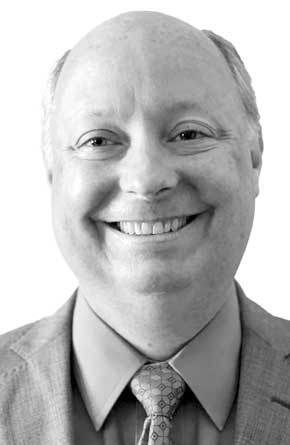
Walker said he has talked with law enforcement about possibly putting in a substation at Weems. “We can definitely look to hire a security company,” he added. “That’s important, regardless even without Kolbe.”
Noah Lockley voiced support for the program, and Ottice Amison expressed some skepticism, but in the end, the commission did not step in to interfere with the program.
“If we don’t do it, someone else will have to do it. People need help,” said Lockley. “I don’t see nothing wrong with it.
“You get one for smoking and I’d be the first patient,” he said.
“I don’t see how this is going to shape up every well,” Amison said. “Now you’ll have them (substance abuse patients) on a constant basis. You are talking about having a constant detox.
“Are we going to be a detox or a swing bed destination? I don’t see how the two are going to marry very well,” he said.
“We (local patients) prefer not having to travel for everything we need,” said Jones. “I’m good with the decisions you are making, I’m not going to second guess it. We need to do something about security, in whatever method or measure it takes.”
Harrison, a retired prison warden, said the Weems board had vetted the Kolbe program as best as it could. “The biggest epidemic we have in the United States right now is drugs. Everybody has someone who has just about destroyed a family or themselves,” he said. “I’m not going to be a party of putting anybody at risk and if it looks like that we’ll pull the plug.”
Hospital officials said they hoped to improve communication with the county about their decision-making, including posting board minutes online on a regular basis.
“It’s not about getting permission, it is about letting us know,” said Cheryl Sanders. “I’ve been a very big supporter of this hospital (for the past four years) because it saved my husband’s life.
“I like the idea of more revenue coming in but at what cost? Is the amount of money you’re going to get be worth the patients you’re going to encounter?” she asked. “I’m concerned with it.”

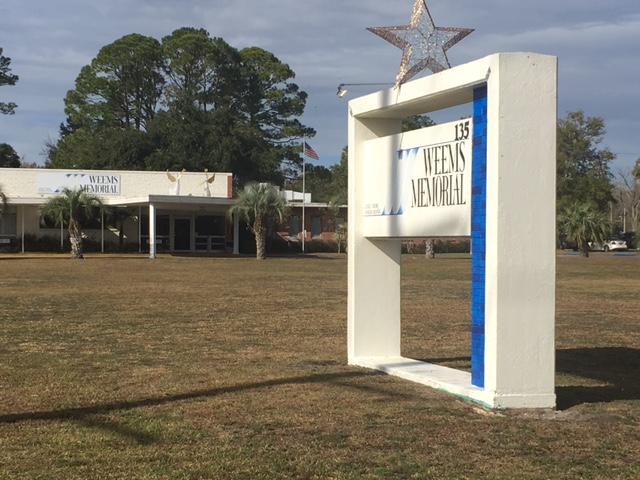

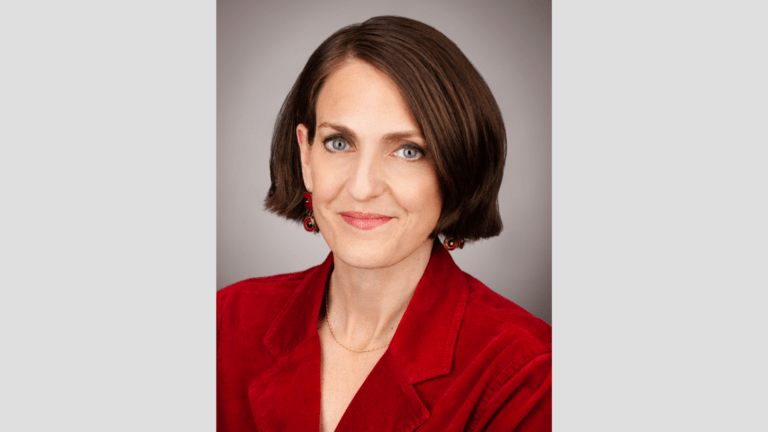

Meet the Editor
David Adlerstein, The Apalachicola Times’ digital editor, started with the news outlet in January 2002 as a reporter.
Prior to then, David Adlerstein began as a newspaperman with a small Boston weekly, after graduating magna cum laude from Brandeis University in Waltham, Massachusetts. He later edited the weekly Bellville Times, and as business reporter for the daily Marion Star, both not far from his hometown of Columbus, Ohio.
In 1995, he moved to South Florida, and worked as a business reporter and editor of Medical Business newspaper. In Jan. 2002, he began with the Apalachicola Times, first as reporter and later as editor, and in Oct. 2020, also began editing the Port St. Joe Star.